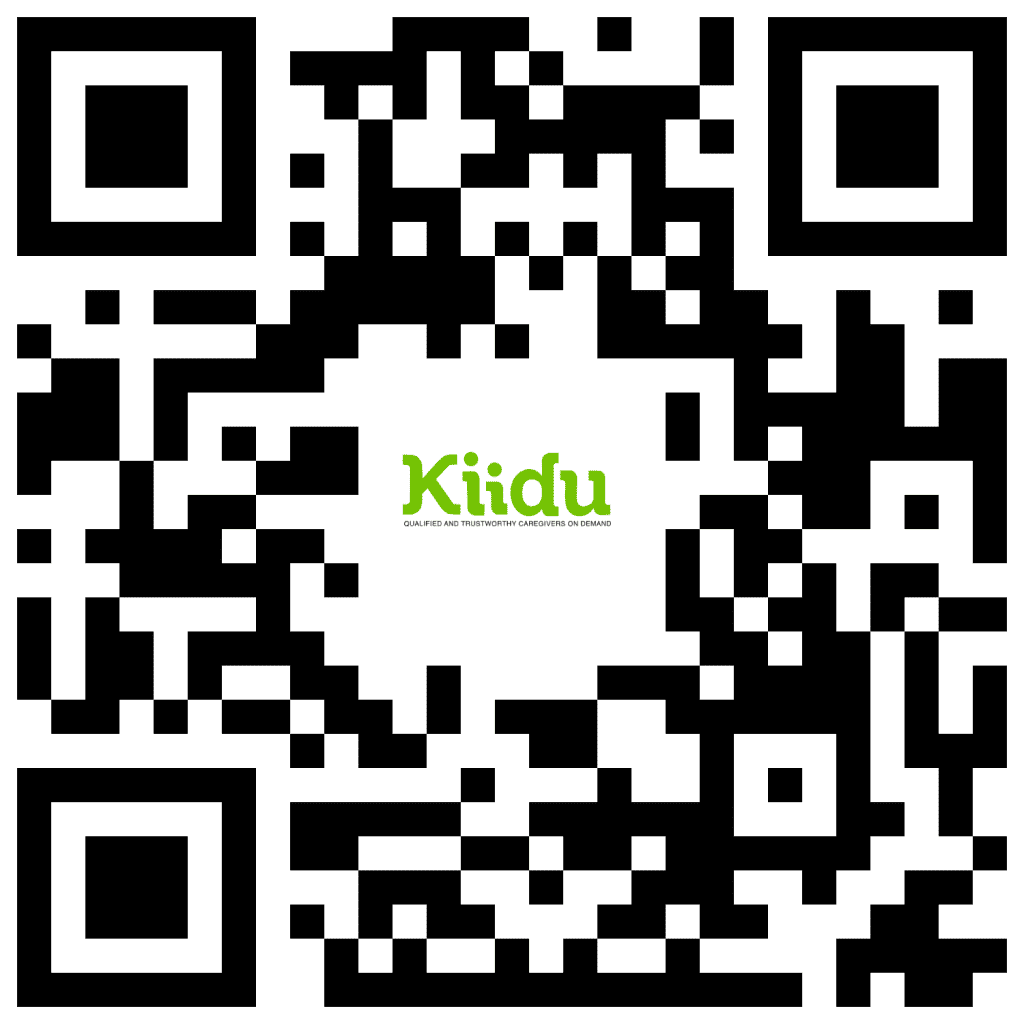In the world of domestic service, the role of a maid extends far beyond cleaning and household chores. Professional maids are essential members of households, trusted with responsibilities that contribute to the comfort, well-being, and harmony of their employers’ lives. To excel in this role, mastering the art of maid etiquette and professionalism is paramount.
Understanding the Role of a Maid
Before we talk about the maid etiquette and professionalism, it’s crucial to comprehend the multifaceted nature of a maid’s responsibilities. From cleaning and organizing to childcare, cooking, and even elderly care, a maid’s role is adaptable and ever-evolving. They are expected to be versatile and resourceful, meeting the diverse needs of their employers.
Maids often wear multiple hats, transitioning from being a meticulous housekeeper in the morning to a nurturing caregiver for children or seniors in the afternoon. Their adaptability is not only admirable but also a reflection of their commitment to providing comprehensive domestic support.
See Also: Role of Maids in Modern Society | Why Professional Housekeeping Matters
Maid Etiquette and Professionalism
-
The Etiquette of Communication
Effective communication lies at the heart of any professional relationship. Maids must hone their listening and speaking skills, for their work is intricately linked to the needs and preferences of their employers. They should be attentive to their employers’ requests, ask clarifying questions when needed, and convey information clearly. Language and cultural sensitivity are especially important, as maids often serve in diverse households.
In a globalized world, where households may include members from various cultural backgrounds, understanding and respecting these diversities is a hallmark of a professional maid. Mastery of communication etiquette ensures that both the maid and the employer are on the same page, leading to a more harmonious domestic environment.
-
Punctuality and Reliability
Punctuality is a hallmark of professionalism. Maids are expected to arrive on time and consistently carry out their duties. Reliability is a virtue highly prized by employers; it fosters trust and peace of mind. Consistency in performing tasks, whether daily cleaning or special assignments is a testament to a maid’s dedication.
A reliable maid not only ensures that the household runs smoothly but also becomes an indispensable part of the family’s routine. The peace of mind that comes with knowing that the maid will consistently meet their responsibilities is immeasurable.
-
Respect for Privacy
Respect for privacy is a non-negotiable aspect of maid etiquette. Boundaries are to be honored, and the confidentiality of household matters maintained. Maids must be discreet, especially regarding personal belongings and sensitive information. Building trust through discretion is essential.
Respecting the privacy of the household means understanding that certain areas or information are off-limits. It means not prying into matters that do not concern the maid’s responsibilities and being mindful of the sanctity of personal spaces.
-
Maintaining Cleanliness and Hygiene
Maids are the custodians of cleanliness and hygiene in a household. This extends to their personal grooming and the cleanliness of their uniforms. A well-presented maid not only sets a positive example but also contributes to the overall tidiness and hygiene of the home.
When a maid takes pride in their own cleanliness and hygiene, it naturally translates into the way they maintain the household. Cleanliness is contagious, and the diligence of the maid sets the standard for the entire household.
-
Conflict Resolution and Problem-Solving
As with any profession, conflicts and challenges may arise in the world of domestic service. Maids should be equipped with conflict resolution and problem-solving skills. Addressing household issues, whether related to their work or interpersonal matters, requires tact and diplomacy. Finding amicable solutions is the hallmark of professionalism.
Conflict resolution can be an art in itself, particularly in a setting where emotions and personal preferences are deeply intertwined. Professional maids understand that disputes or misunderstandings are not uncommon and are skilled in navigating these challenges.
-
Handling Special Situations
Maid etiquette extends to specialized areas of care, such as childcare and senior care. In these roles, maids must exhibit patience, empathy, and a deep understanding of their charges’ needs. Moreover, they may encounter difficult employers, and knowing how to navigate these situations with grace is a valuable skill.
Caring for children or the elderly demands an extra layer of sensitivity and skill. In such roles, professional maids often become a source of support and companionship for those they care for, which requires not just competence but genuine compassion.
-
Safety and Security
Safety is a top priority in any profession, and domestic service is no exception. Maids must be well-versed in safe work practices to prevent accidents and injuries. Additionally, they play a pivotal role in protecting their employers’ valuables and property. Security measures should be diligently followed.
The safety of both the maid and the household is of utmost importance. Maids are trained to identify and mitigate potential safety hazards and are often the first line of defense in safeguarding the home.
-
Professional Development
Maid etiquette and professionalism also involve a commitment to ongoing professional development. Training is invaluable for improving skills and staying updated with industry best practices. Pursuing certifications can open doors to better opportunities in the domestic service sector.
The commitment to professional development highlights the maid’s dedication to their craft. It’s an investment in their own growth and a testament to their commitment to providing the best service.
-
Coping with Stress and Long Hours
The demanding nature of domestic service can be physically and mentally taxing. Maids should prioritize self-care to maintain their well-being. Balancing work and personal life is a challenge, and setting boundaries is crucial to prevent burnout.
Managing stress and long hours is a skill in itself. Maids often work tirelessly to ensure a well-kept and harmonious household. However, recognizing their own limits and taking steps to recharge is essential.
-
Empowering Maids for Success
Empowerment is a key to a maid’s success. Building their confidence and self-esteem enables them to tackle challenges and fulfill their responsibilities with pride. Advancement within the profession is not only possible but encouraged.
Empowered maids are not just effective in their roles; they also contribute to their own growth and advancement. By fostering a sense of agency, employers create a win-win situation.
-
Client-Employee Relationships
Establishing trust and mutual respect in client-employee relationships is vital. Maids should strive to recognize and appreciate the efforts and support they receive from their employers. Positive relationships are built on a foundation of respect and appreciation.
In a healthy client-employee relationship, both parties acknowledge each other’s contributions. This recognition strengthens the bond between them and promotes a harmonious household environment.
-
Legal and Ethical Considerations
Maid etiquette also involves understanding the legal and ethical aspects of their employment. Contracts and agreements should be clear and fair. Maids are entitled to fair wages and benefits, and employers are expected to uphold their end of the agreement.
In the realm of domestic service, clear agreements and adherence to legal and ethical standards protect both employers and maids. They ensure that the working relationship is transparent and respectful.
Conclusion
The world of domestic service is a complex one, requiring maids to master various skills and attributes beyond their core duties. Maid etiquette and professionalism are integral to their success in this role. By embodying these principles, maids not only enhance their own careers but also contribute to the overall well-being and satisfaction of the households they serve.
The art of being a professional maid involves much more than cleaning and organizing. It encompasses a deep commitment to understanding and meeting the unique needs of each household, building trust, and fostering harmonious relationships. Ultimately, professional maids are the unsung heroes of the domestic realm, enriching the lives of their employers and elevating the standards of domestic service.
You Might Looking for: Find a Maid Near You in Thailand








